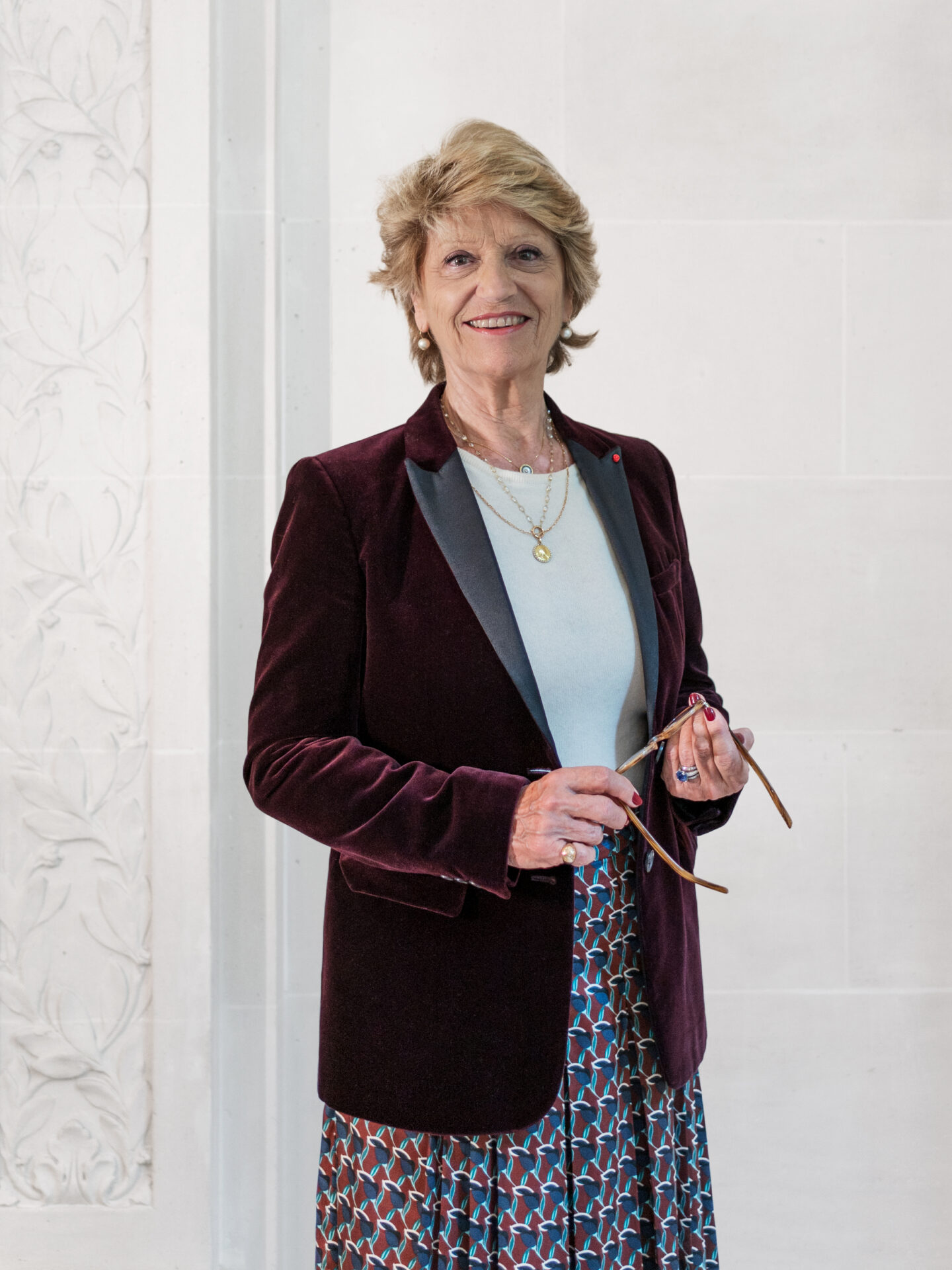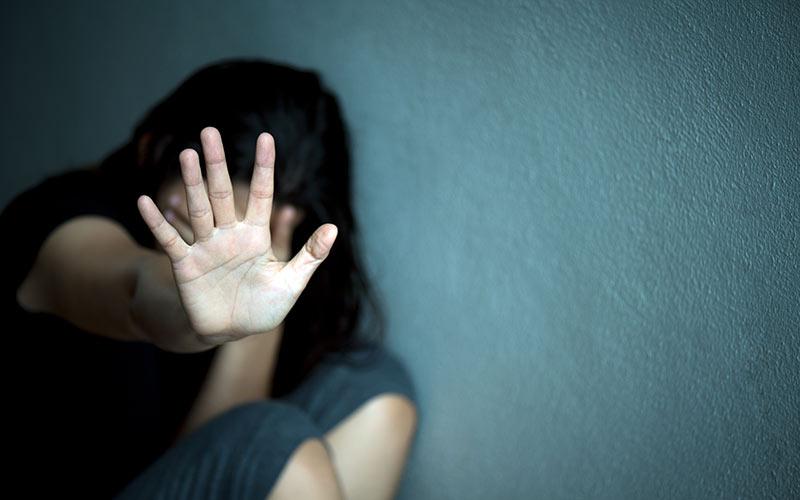Sexual violence against minors: towards a future reporting obligation for doctors?
By Catherine Paley-Vincent, Associate Lawyer and Charlotte Denis, intern.
If incest and sexual assault on minors are sanctioned by article 222-31-1 of the penal code, many crimes are still today covered by family secrecy or that imposed by the child, walled up in the silence of his traumas. However, this violence affects the greatest number and would concern approximately one person in ten.
It is to combat this scourge and guarantee more effective protection for victims that a Independent Commission on Incest and Child Sexual Abuse (CIVILIZED) has been set up in March 2021, for a period of 2 years.
After receiving 11 testimonials and completing a year of work, it presented, on March 000, 31, intermediate conclusions accompanied by recommendations.
Among the latter, recommendation no. 4 should be retained, which intends to impose a reporting obligation on doctors.
To impose such an obligation seems obvious. Indeed, as the HAS points out, as local actors, doctors are the most likely to recognize and perceive the physical or psychological signs revealing child abuse. They are also more aware of the issue, having access to training and documentation on how to make these reports.
Indeed, the combination of Articles R. 4127-44 of the Public Health Code and 226-14-2° of the Criminal Code authorized the doctor to derogate from medical secrecy, as soon as he observes, in the exercise of his profession, abuse or deprivation of a minor which allows him to presume that physical, sexual or psychological violence has been committed.
This report is made, in the most serious cases, to the Public Prosecutor and/or the unit for collecting, processing and evaluating worrying information (CRIT).
However, these reports are now a mere faculty for the doctor, subject to the rigor of his experience and to his conscience alone. They are also quite rare and represent, according to the HAS, only 5% of the reports submitted to the Public Prosecutor's Office. Conversely, the recommendation of the CIIVISE would intend to make this duty an obligation. This should of course be accompanied by great caution as its consequences can be serious for the child, his family and the doctor.
The creation of a reporting obligation is likely to generate practice difficulties for the doctor.
The implementation of such an obligation would further aggravate the risk of reprisals by families against these doctors. Indeed, families can seize the ordinal and/or criminal courts, arguing that the report made by the doctor is unfounded, premature or late or even reckless. However, the doctor, in addition to the anxiety associated with this type of procedure, is likely to incur significant disciplinary sanctions ranging from simple reprimand to prohibition of practice, likely to destroy a career.
Moreover, even if Recommendation No. 5 of the CIIVISE provides for the suspension of disciplinary proceedings against protective doctors who make reports, during the criminal investigation for sexual violence against a child, this measure is too limited in time and does not allow doctors to make these reports without fear of repercussions. Therefore, it would be desirable, in order to protect doctors and lead them to make these protective reports, to increase the scope of this recommendation.
In addition, this new obligation will have to be reconciled with article R.4127-51 of the public health code which prohibits physicians from interfering unnecessarily in family affairs or in the private lives of their patients. Indeed, if the violence is only mere suspicion, not supported by a clear, if not obvious, observation, should we go as far as reporting it? Does the desire to protect the child at all costs justify this interference in the affairs of his family?
In addition, it is also necessary to define the methods that this report will have to take. Will it be identical to the existing one or will it take another form? The question is essential because the drafting of this report must be done with the greatest care and include several mentions and precise descriptions of the facts related by the doctor.
Moreover, this obligation should not tarnish and weaken the relationship between a doctor and his patient and lead to counterproductive effects. For example, the parents, for fear of being reported, could no longer treat their child and the latter could no longer have confidence in the doctor who questions him and tries to find out.
Thus, the recommendations made by the CIIVISE are essential and aim to set up and implement protection for children subjected to incest or sexual violence. While these recommendations are relevant, it is however necessary to underline the possible flaws, including the insufficient protection of doctors making this report with regard to possible ethical complaints.
The project led by the CIIVISE is not yet complete. It is certain that this one will evolve and will provide answers to the delicate questions posed.

Catherine Paley-Vincent
Partner
Recognized expert in health law, she intervenes in particular for the constitution and monitoring of structures between hospital and / or liberal health professionals, for the management of possible conflicts and their transactional, judicial or disciplinary consequences. The field of medical imaging is particularly familiar to him.
She advises pharmaceutical companies on medical devices, labeling and clinical trials.
She is regularly consulted on the application of ethics, in particular with regard to the regulation of professional orders of networks, advertising and the Internet used in the medical and veterinary world.




